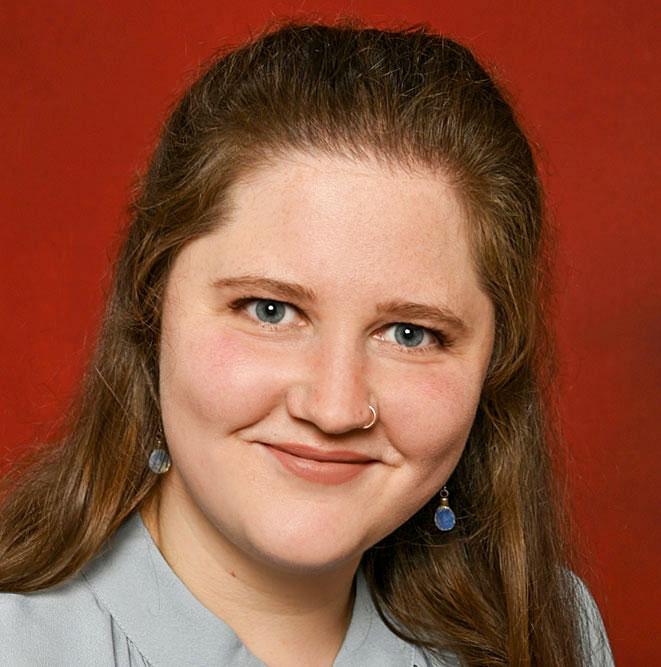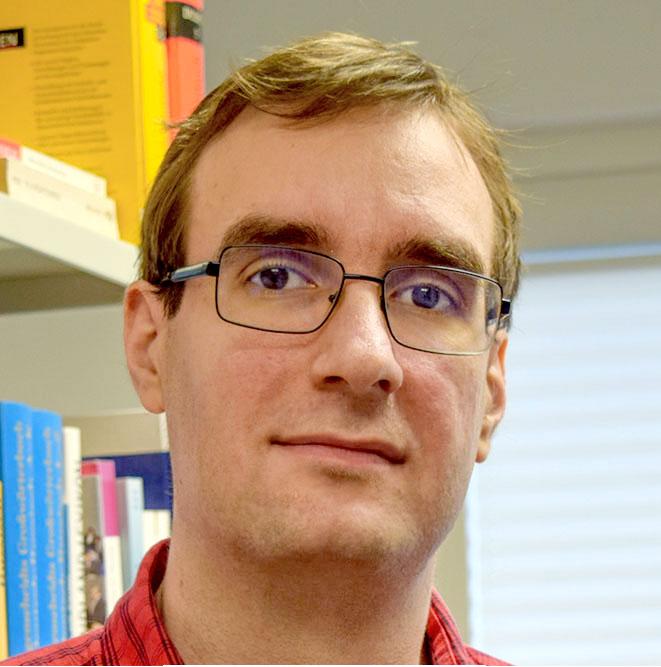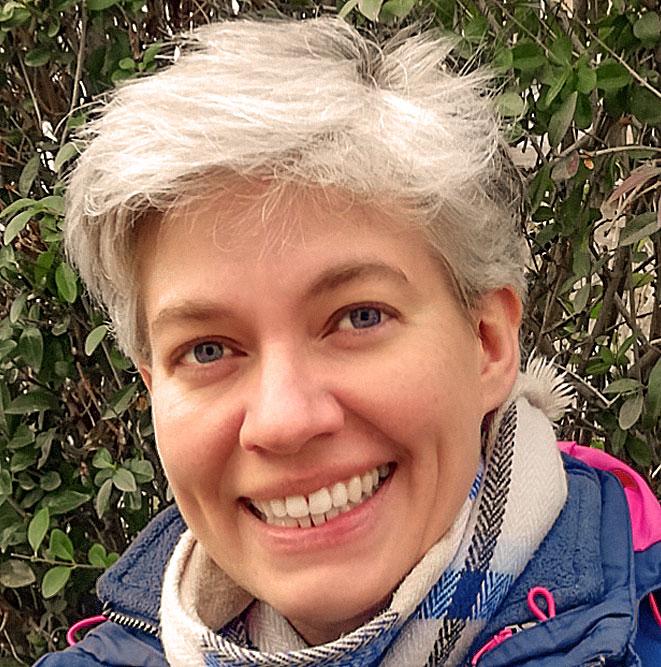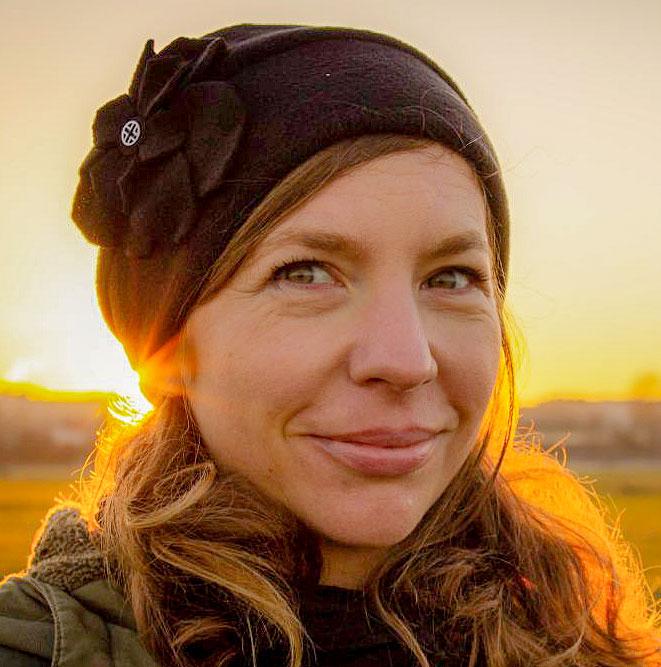MoCom?
MoCom: Motion Comics as Memory Work is a project by and for young people in West and East Germany with and without experiences of migration.
By the end of 2023, the MoCom project produced four motion comics on the topic of German division, each accompanied with educational material. Both, motion comic and educational material, are being used for educational work in and outside of schools. Four groups of young people dedicated themselves to one topic each:
border crossings, fleeing and departure, shared history/shared stories, arriving somewhere new.
Young people develop learning materials for young people!
The project participants were also the target group of the MoCom project. Using a collaborative and participatory approach, they developed the motion comics and accompanying materials together with artists, historians, anthropologists and contemporary witnesses.
Why motion comics?
Motion comics are digital, moving image stories with text and sound. This project aims to make greater use of their potential for historical-political educational work.
The idea for the MoCom project emerged in 2020 with the motion comic “Ghost Train”. In this work, Sarah Fichtner and Anja Werner use the perspectives of two children to recount memories of ghost trains and ghost stations in East and West Berlin. “Ghost Train” was illustrated by the artists Azam Aghalouie and Hassan Tavakoli.
The project
- creates access for people of different cultural backgrounds,
- provides low-threshold knowledge and skills about the history of the GDR,
- sheds light on barely noticed perspectives – such as migrant stories,
- and encourages intergenerational and intercultural exchange.
Information (for educational work)
The MoCom materials are used for educational work in and out of school. Each of the accompanying educational materials contains instructions for teaching, which are primarily aimed at history teachers. However, the motion comics and accompanying materials can also be used in other subjects, such as art, ethics, politics, German or English lessons. Each motion comic is available in German and English on YouTube (with subtitles).
We want the project to continue to encourage young people to explore and creatively deal with the German division, other borders and their own family histories. Further information can be found under “Continue!”.
Trigger warning: All four motion comics deal with topics that could trigger people especially if they have experienced fleeing. Certain details, scenes, visual and audio elements can evoke memories of traumatic experiences and lead to involuntary confrontation. Teachers and other multipliers should be aware and inform students and other viewers accordingly.
What was happening?
Each group researched a different central theme. The participants discussed photos, interviews, drawings and objects before developing a narrative together. They then jointly wrote the manuscript for the motion comic.
Next, professional artists realized the ideas conceptually and visually. The participants were responsible for the audio design: They organized narrators or recorded the manuscript themselves, collected music and sounds. Throughout the entire production process, there was a close exchange with the artists.
Young people from all over Germany were able to take part in the MoCom project. This is because regular exchanges took place online via video conference. For the kick-off and premiere, the group met in person over a weekend workshop at the Marienborn Memorial to Divided Germany and in Helmstedt.
Who are we?




Marienborn Memorial to Divided Germany
The Helmstedt/Marienborn border crossing is one of the most distinctive commemorative sites of German division. Situated at the meeting point between East and West, the GDR border crossing site (GÜSt) Marienborn developed into the largest and most important border crossing on the inner German border. The emblematic architecture of large roofs and rows of lamp posts on the grounds of the control area reflects the heavily monitored border between two political systems that not only separated Germans from Germans, but also divided all of Europe and the world into two opposing power blocs.
The Marienborn Memorial to Divided Germany opened on the grounds of this unusual historic site on 13 August 1996. It is a place to commemorate those who lost their homes, experienced suffering or injustice, or were killed as a consequence of the GDR border regime.
Project funding
MoCom was organized and supported by the Sachsen-Anhalt Memorials Foundation/ Marienborn Memorial to Divided Germany. PD Dr. Anja Werner (historian) and Dr. Sarah Fichtner (social anthropologist) conceived and developed the MoCom project. The Marienborn Memorial to Divided Germany works with the Institute of Didactics of Democracy (IDD) of the Leibniz University of Hannover as a cooperation partner. As part of the Federal Foundation for the Study of the Communist Dictatorship in Eastern Germany’s program “Jugend erinnert”, the project is funded by the Federal Government Commissioners.
